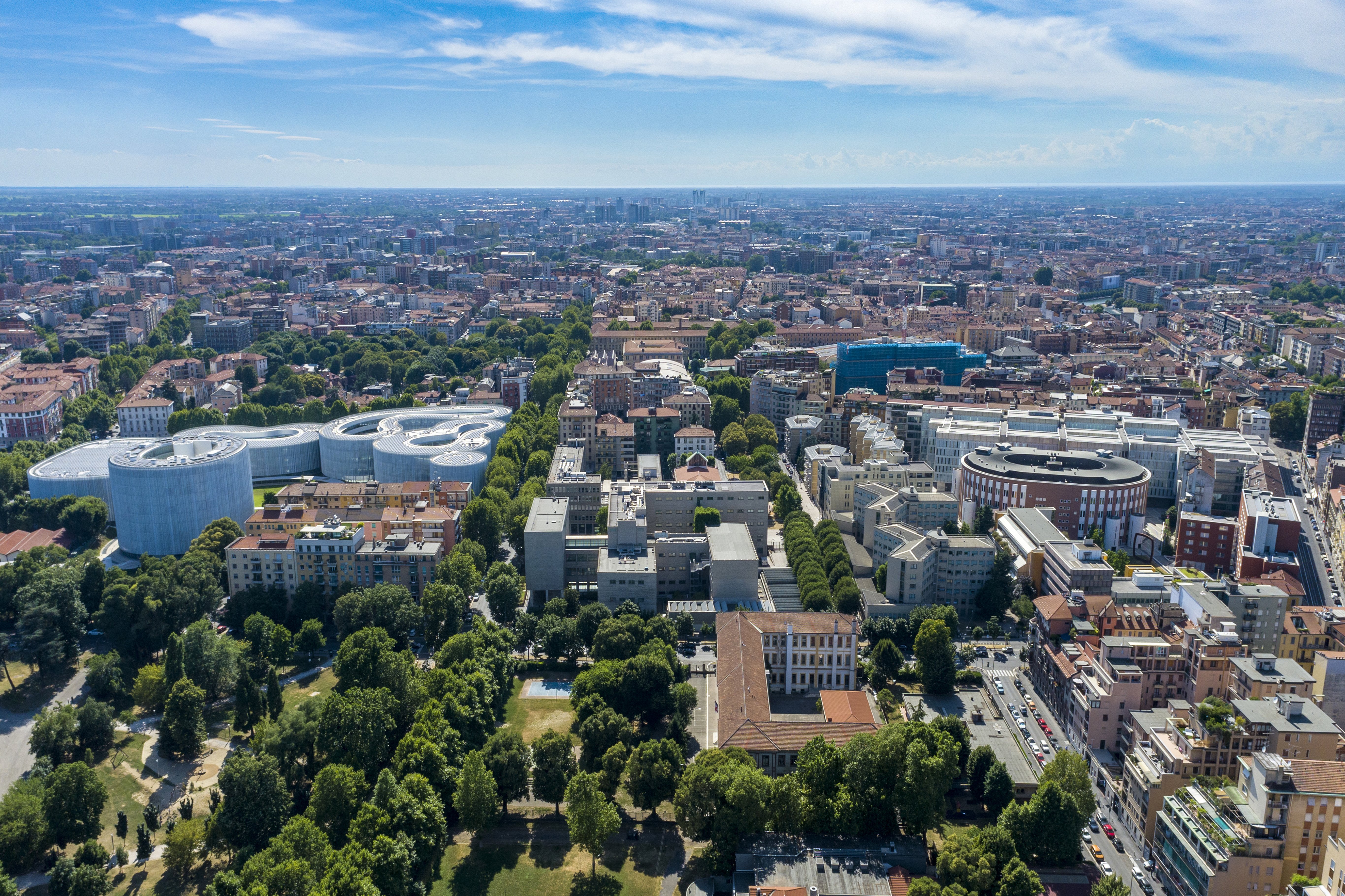The Future of Cities: Research and Innovation Driving Urban Regeneration

On Friday, 31 October 2025, the Bocconi University team of SUR Lab and MUSA – Spoke 1 Urban Regeneration organised the final workshop “The Future of Cities: Research and Innovation for Urban Regeneration” at Bocconi University.
The event, part of the MUSA project, brought together representatives from academia, public institutions, and the private sector to explore how research can be translated into innovative urban regeneration actions aimed at climate neutrality, resilience, and measurable improvements in urban well-being.
In the opening session, Francesco Billari (Rector, Bocconi University), Edoardo Croci (SUR Lab Director, Bocconi University), and Vittorio Biondi (General Manager, MUSA Scarl) underlined the role of universities as producers of human capital and as catalysts of territorial innovation through their integration with the urban context.
Stefano Marta (Head, Smart and Sustainable Cities Unit, OECD) emphasised the localisation of the SDGs as a common framework for measuring territorial progress, highlighting two operational tools: a technical assistance platform for cities and the “Climate Contracts,” which align political commitments, stakeholders, and investments in cross-sectoral action plans.
Matilde Chinellato (Policy Officer, DG Research & Innovation, European Commission) provided the EU perspective on aligning research, innovation, and climate goals with local realities and urban capacities.
The Bocconi research team — Annamaria Bagaini, Benedetta Lucchitta, and Tania Molteni — presented the main outcomes of MUSA Spoke 1, including an open-source assessment tool designed to evaluate the compliance of urban regeneration projects with the ESG framework, and a study on the impacts and spillovers generated by university-led urban regeneration initiatives. The research also examined the willingness to pay of students and citizens for improvements in green infrastructure, energy efficiency, sustainable mobility, and urban safety achieved through university-driven actions. Finally, the team showcased a series of research projects focused on innovation for sustainable urban development.
The subsequent roundtable gathered insights from several Italian municipalities on the future of urban policies and planning challenges. City councillors Maurizio Carta (Palermo), Arianna Censi (Milan), Francesca Coppola (Genoa), Andrea Giorgio (Firenze), Paolo Mazzoleni (Turin), and Tobia Zevi (Rome) emphasised the role of natural capital and urban regeneration as key dimesnion of urban goverance and how sustainable mobility can act as a transformative driver, fostering belonging, redefining city perception, and enhancing the quality of peripheral urban spaces.
The final discussion with representatives of the private sector — Mario Abbadessa (Hines), Giovanni Brianza (Edison Next), Alessandra dal Verme (Agenzia del Demanio), Elisabetta Confalonieri (Regione Lombardia), and Mario Valducci (INVIMIT) — focused on the effectiveness of public–private partnerships, regeneration as a form of social investment, and replicable models capable of driving inclusive and sustainable urban transformation.
HERE is the full program with the BIO of key speakers.
Publications presented are available HERE.